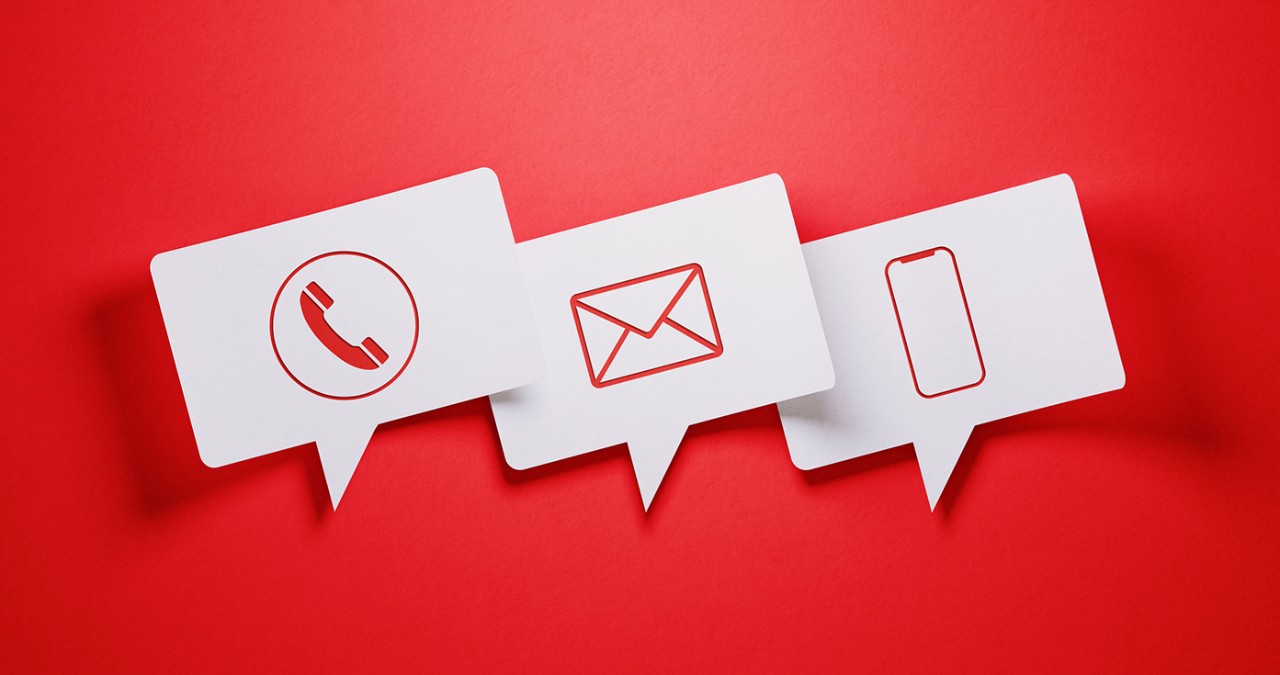How Quickly Do You Need to Reply?
Nearly 70% of professionals waste an hour a day just shifting between message platforms. Can prioritizing help?

For many people, the workday ends like it begins: with a flurry of emails, messages, and phone calls begging to be answered.
It’s a reality of the fast-paced, digital world we live in. According to a recent study, the average full-time worker spends three hours a day reading and responding to email, and receives about 120 new emails each day. The proliferation of messaging apps, videoconferencing tools, and other communication platforms has added to the deluge: 69% of professionals lose up to an hour each day simply navigating between different platforms, according to a report by cloud communications provider RingCentral. That’s 32 days wasted a year.
But do all messages really have to be answered—and if so, when? Clearly, who is sending the message—your boss, a friend—matters. But there are other factors. “Urgency is in the eye of the beholder,” says Sean Carney, a career coach at Korn Ferry Advance.
In most workplaces, email is still the central form of communication, but it also commands a disproportionate amount of our attention: studies show that while just 10% of emails require an urgent response, about half of professionals will respond within 60 minutes of receiving any email.
Some people feel that simply fielding emails as they come in is most productive, but researchers at the University of Irvine found that it can take up to 23 minutes to come back to a task after just one interruption. A better solution may be to check your emails only at certain times of day and ask yourself key questions, such as if the email has a deadline. “Answering email is a corporate indicator of productivity,” says Carney. “And it shouldn’t be.”
Text messaging and messaging apps
The rise of the 24/7 business environment and the remote workforce has made texting with work colleagues more common. Today, 73% of professionals text with their internal coworkers, while 51% use text to communicate with external contacts, customers, prospects, and partners.
But experts say that texting still conveys more urgency than email, perhaps because more than 90% of people read a text message within the first three minutes of receiving it, according to a survey by mobile research firm Mobilesquared. So if your boss is texting you, in many cases you should respond immediately.
When it comes to work-based messaging apps, the rules aren’t so clear. Experts say it’s harder to immediately filter out what’s urgent, though you can typically mute conversations that aren’t urgent and create notifications so that you’re alerted anytime there’s activity on a certain topic or messages from a certain person.
Phone
At a time when email and messaging dominate the workplace, unscheduled phone calls are increasingly rare. That’s why they’re perhaps the most important signifier of an urgent matter. If you miss a call, answer it as soon as you can. And don’t be among the 37% of people who fall into the trap of rarely or never checking their voicemail anymore: a surprising number of professionals cringe when they think of the important voicemails they missed.
Finally, never forget where you are when you take a call. There is a hierarchy at work here. The basic rule of thumb is, the higher up the person you’re talking to, the more urgent it is that you be in a quiet, professional environment with no background noise.







